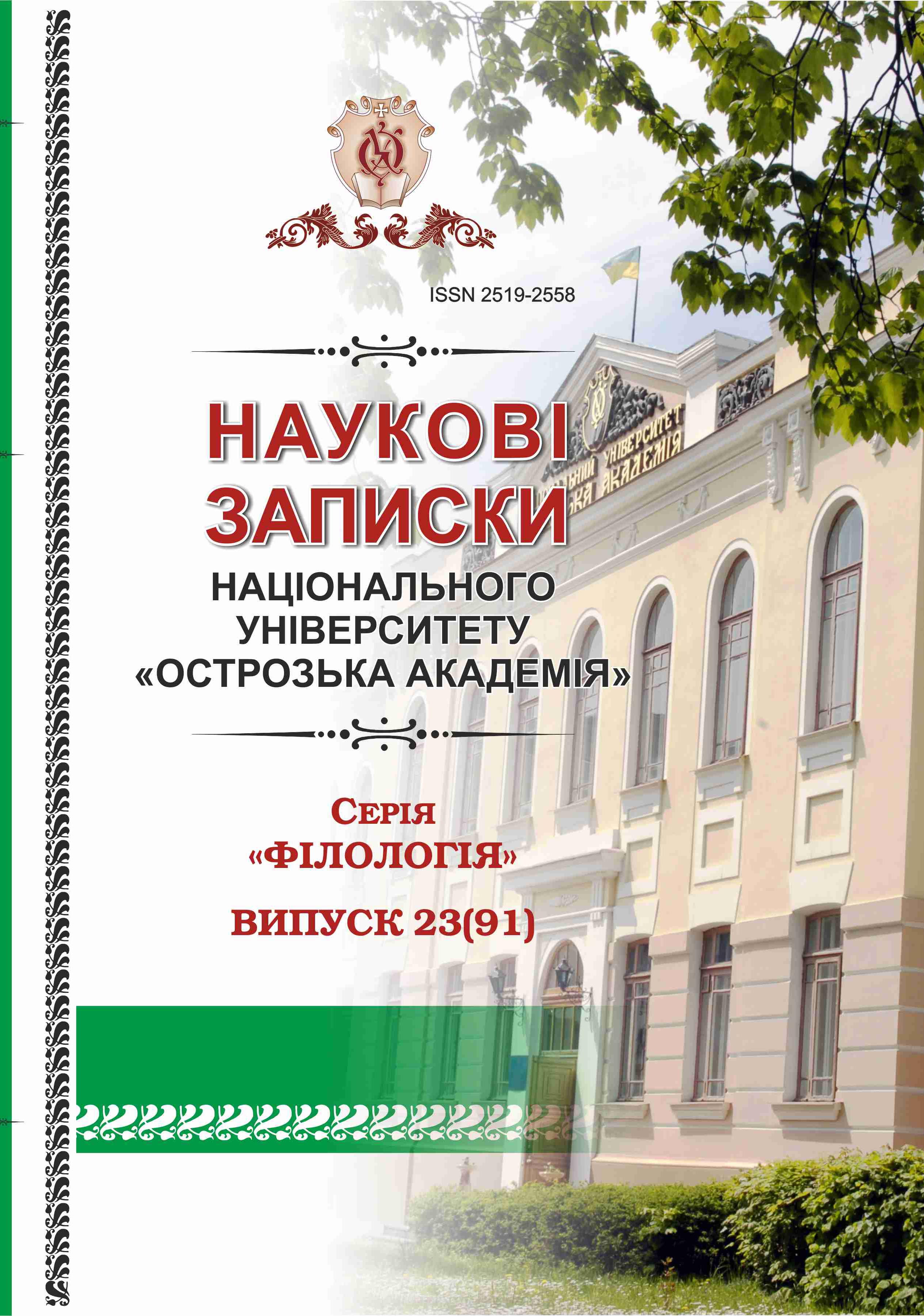LINGUISTIC AND PRAGMATIC ASPECTS OF TRANSLATION STRATEGIES FOR ENGLISH TEXTS
Keywords:
translation strategies, domestication, foreignization, equivalence, concretization, generalizationAbstract
Objective. The article deals with the linguistic and pragmatic aspects of translation strategies for English texts.
Materials and Methods. This study is based on the analysis of the typology of translation strategies for English-language texts developed and proposed by Ukrainian and foreign researchers. The descriptive method and the method of analysis of the identified classifications of translation strategies contributed to the understanding of the use of existing translation strategies for English-language texts in translation studies. The content analysis of the speeches of American politicians in the original and in translated versions helped to identify correspondences and analyze the translation strategies used in practice from the point of view of the linguistic and pragmatic approach.
Results. The translation of English-language texts based on the speeches of American presidents demonstrates the pragmatic orientation of the translator's activity, in particular in the choice of strategies in the process of translating the original text. The translation of English-language texts involves the use of a number of translation strategies, such as foreignization and domestication. The goals of the author and translator and the type of audience are equally important. Quality translation implies equivalence of texts. The most common translation strategies used in the translation of English-language texts are the strategies of specification and generalization.
Conclusions. Translators use a number of strategies while translating English texts into Ukrainian. The choice of a particular strategy depends on the translator's goal, the audience, the author's intention, etc.

